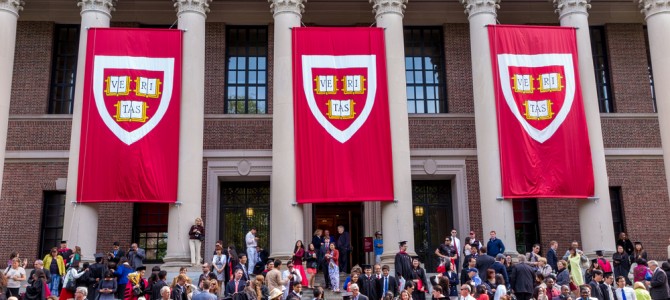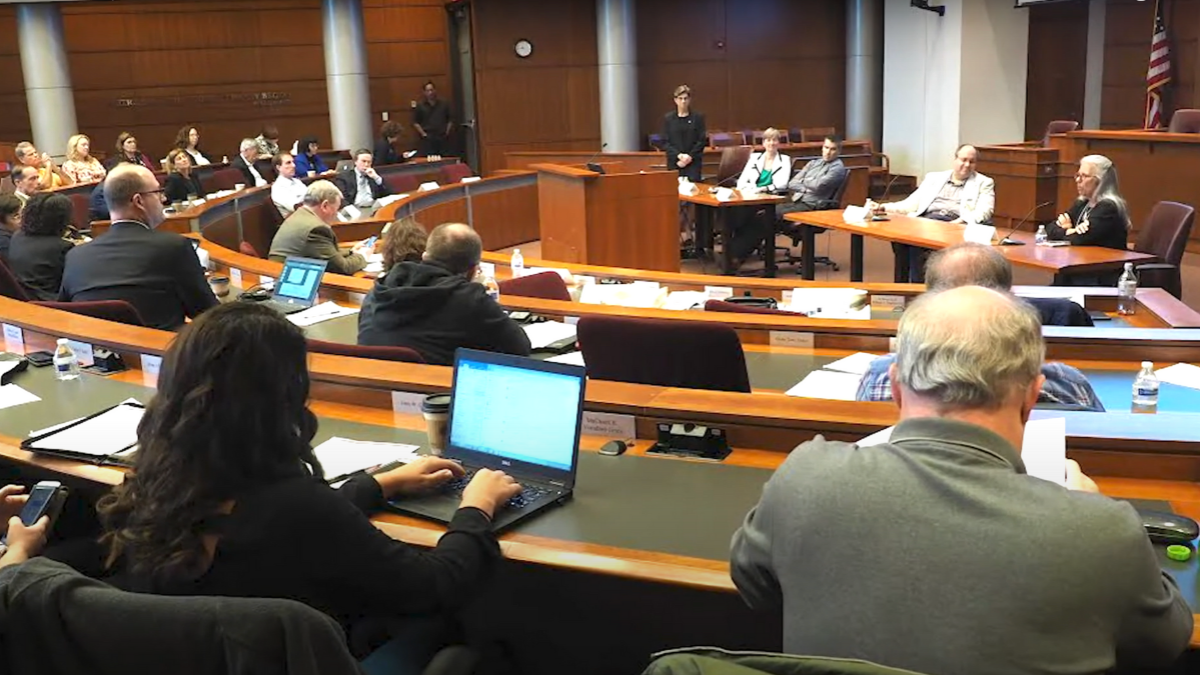
Harvard stands accused of discrimination against Asian-American applicants in a lawsuit by an organization called Students For Fair Admissions, which claims the school is wrongly keeping the pool of admitted Asian Americans at about 20 percent of the total. A purely academic-based process would result in a 43 percent total, according to Harvard’s own study.
According to a New York Times report, in Harvard’s ‘holistic’ admission process, it scores applicants in five categories — ‘academic,’ ‘extracurricular,’ ‘athletic,’ ‘personal’ and ‘overall.’ They are ranked from 1 to 6, with 1 being the best. SFFA [Students for Fair Admissions] analysis shows that while Asian American students scored higher than students of any other racial or ethnic group on academic and extracurricular categories, Harvard admission office always ‘rated Asian-American applicants lower than others on traits like ‘positive personality,’ likability, courage, kindness and being ‘widely respected,’ and ‘often without even meeting them’ (Asian applicants).
Of course, Harvard’s defenders suggest that this is a correct assessment of these applicants, who really are less likable and less kind than students of other races, because they’ve been parented by Tiger Moms their whole lives, and have been pushed to study academics and practice violin and attend Saturday School and tick whatever other boxes Mom and Dad deem necessary rather than pursuing their passions.
Cynics suggest that this is really a matter of Harvard needing to preserve spots for legacy students, or, more generally, white students they judge as more likely to donate to the school as alumni. Tyler Cowen suggests Harvard is very pragmatically responding to Asian-Americans’ lesser likelihood of donating to their alma maters relative to other causes they feel are more worthy. What’s more, Cowen suggests that all claims of diversity are a bit beside the point, and the university really fears that an overly-diverse (read: “too Asian”) student body will mean less interest by whites.
But there’s a larger issue that’s not being addressed: the stakes of this suit are much higher than they ought to be.
Why do students want to attend Harvard? Sure, for many students there is a genuine desire to attend a school where their professors will be top-notch, the learning opportunities exceptional, their fellow students just as high-achieving as they are. But that’s only a part of it. Students want the recognition of attending a school with prestige, and they want the sure-fire career success that comes from that prestige, and the added bonus of being able to network with wealthy classmates and alumni.
Harvard, as well as its peer institutions, isn’t wrong to say there are simply so many students in America that meet their core threshold of high grades in honors classes, high test scores, and well-rounded participation in extracurriculars, that at some point they can no longer simply objectively identify “the best” students, but need to introduce other filtering mechanisms.
Whether they choose, in response, to select students for geographical diversity, or uniqueness of the student’s “special talent,” or by a lottery of all eligibility-meeting students, or, yes, by admitting fixed percentages of students of various racial/ethnic classifications, is almost beside the point. The seeming farce of claiming that Asian-American students are mindless automatons unworthy of admission in numbers proportionate to their overall academic achievement levels, though, is hardly a fair and honest solution.
But none of this should matter. We should be able to escape these endless debates, and stop arguing over whether one racial/ethnic group or another is being cheated out of proportionate opportunities to gain the wealth associated with Ivy League attendance. If the Ivy League were no longer a ticket to wealth and prosperity, but simply a set of universities that offered their students a country-club lifestyle, maybe we could.
These students could also escape a pressure-cooker high school experience of building a resume rather than gaining academic knowledge and a set of life experiences. Perhaps they could even get eight hours of sleep a night, rather than being praised for their willingness to forgo sleep in order to add to their achievements.
How do we make this happen? Through the magic of Corporate Social Responsibility.
Corporations who trumpet their CSR codes like to talk about their care for the environment, their eagerness to hire underrepresented minorities and their desire to promote women, the donations they make to all the right causes, and the degree to which they convince their employees to volunteer for charitable projects, sometimes even on company time. But if they continue to favor graduates of the Ivy League or other prestigious colleges when it comes to hiring, they’re failing to be socially responsible. They also have many fine words in their codes about valuing diversity, but if their idea of “diverse hiring” means hiring underrepresented-minority Ivy League grads as well as white Ivy League grads, they’re not just missing the boat, they’re doing more harm than good.
What if corporations were called upon to hire from a diverse array of universities? What if corporations (and other employers) who excessively favored Ivy League graduates were shamed just as much as those who were lily-white, or overly-male?
It’s a simple ask, and it wouldn’t hurt their ability to recruit top candidates, because there are plenty of high-achieving graduates of plenty of other rigorous universities, who simply didn’t win the Ivy League Lottery. But it could bring some sanity to our college admissions process, and, in the long run, some normalcy to the lives of that subset of high school (and younger) students caught in the resume-building trap.









